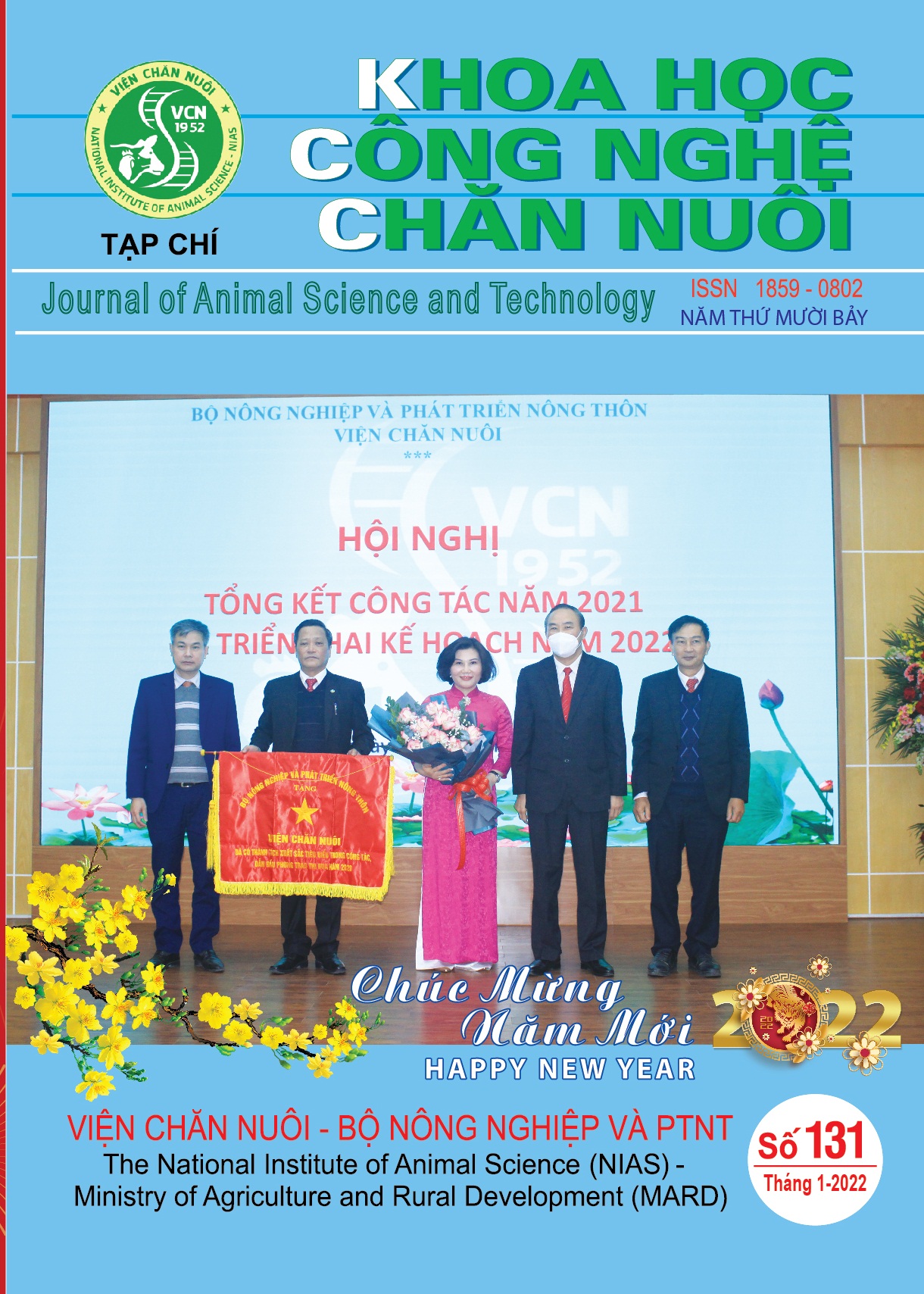Design vegetatively diverse grasslands to improve animal production and welfare while reducing environmental impact
The pasture-based production system is a significant sustainable supplier of animal-based foods worldwide. For such systems, mounting evidence highlights the importance of plant diversity for the proper functioning of soils, plants and animals. A variety of feeds, with appropriate doses and feeding sequences, can provide greater benefits to animals and their environment than single feed alone. Here, we examine the importance of plant diversity for animal nutrition, welfare, health and environmental impact, and offer some new ideas for pasture design and management based on the biochemical complexity of traditional and non-traditional forage sources. Such efforts will require the integration and synthesis of the morphology, ecological physiology and biochemistry of traditional and non-traditional forage species, as well as of the foraging behavior of foraging animals. grass on grasslands with diverse flora. Therefore, the challenge ahead requires selecting the “right” species combination, spatial aggregation, distribution and forage management such that the productivity and stability of plant communities and The ecological services provided by grazing are enhanced. From this it is concluded that there is strong empirical support for the replacement of traditional agricultural grasslands that simply reduce plant diversification with additional forage species that allow ruminants choose diets that benefit their nutrition, health and wellbeing, while reducing the negative environmental impacts of livestock production systems.

